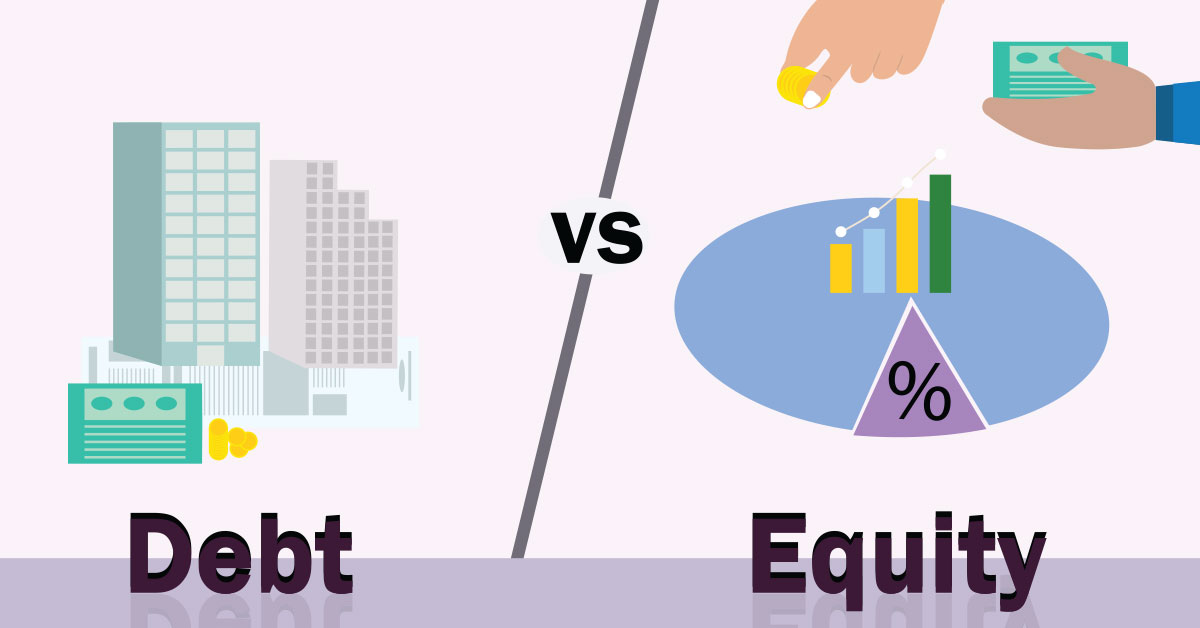
Posted on February 23, 2024 by MergerDomo
Investing Wisely in India: A Due Diligence Guide for International SME Investors
In today's interconnected world, fundraising efforts increasingly transcend national borders. Organizations seeking to expand their reach and impact are turning to international donors and partners. However, venturing into the complexities of cross-cultural fundraising necessitates a crucial safeguard: due diligence.
Why Due Diligence Matters:
Due diligence in international funding goes beyond mere financial checks. It's a comprehensive process of evaluating potential partners on various aspects, mitigating risks, and fostering trust and transparency. Here's why it's vital:
Reputational Protection: Partnering with the wrong organization can damage your reputation. Due diligence helps identify potential red flags like financial instability, legal issues, or unethical practices, protecting your organization's image and integrity.
Financial Sustainability: Understanding your partner's financial health is crucial. Due diligence assesses their financial stability, donor base, and risk management practices, ensuring they can fulfill their commitments and avoid financial strain on your organization.
Compliance with Regulations: International fundraising involves navigating complex legal and regulatory landscapes. Due diligence helps ensure compliance with local regulations, anti-money laundering (AML) laws, and ethical fundraising standards, avoiding legal pitfalls and protecting your organization.
Cultural Understanding: Different cultures have varying fundraising norms and expectations. Due diligence fosters cultural understanding, ensuring your approach aligns with local customs and avoids cultural missteps.
Building Trust and Transparency: By conducting thorough due diligence, you demonstrate your commitment to responsible fundraising and transparency. This builds trust with potential partners and fosters a strong foundation for long-term collaboration.
The Scope of Due Diligence:
The scope of due diligence in international fundraising is comprehensive and multifaceted, encompassing various crucial aspects to ensure informed decision-making and mitigate risks. Here are the key components of due diligence:
1. Financial Due Diligence: This involves a thorough review of the partner organization's financial statements, audit reports, and donor lists to assess its financial health, stability, and sustainability. Understanding the partner's financial position helps identify any potential red flags or financial risks that may impact the success of the fundraising initiative.
2. Legal Due Diligence: Examining compliance with local and international regulations, legal structure, and potential legal risks is essential. This includes reviewing contracts, agreements, licences, permits, and any pending litigation or regulatory issues. Legal due diligence ensures that the fundraising activities are conducted in compliance with applicable laws and regulations, minimizing legal exposure and liability.
3. Operational Due Diligence: Evaluating the partner organization's operational capabilities, organizational structure, governance practices, and project management capabilities is crucial. This includes assessing the partner's capacity to effectively implement and manage fundraising initiatives, allocate resources efficiently, and achieve project objectives.
4. Reputation Due Diligence: Researching the partner organization's reputation within the local community and fundraising landscape is important. This involves analyzing media coverage, stakeholder feedback, reviews, testimonials, and any past controversies or scandals. Reputation due diligence helps gauge the partner's credibility, trustworthiness, and reliability, which are essential factors in building donor confidence and support.
5. Compliance Due Diligence: Ensuring compliance with relevant anti-money laundering (AML), tax, and ethical fundraising regulations is critical. This includes verifying adherence to fundraising best practices, ethical standards, and transparency requirements. Compliance due diligence helps mitigate the risk of fraud, corruption, and reputational damage associated with non-compliance.
6. Cultural Due Diligence: Understanding the local context, cultural norms, and fundraising practices is essential for adapting fundraising strategies and approaches accordingly. This involves researching cultural sensitivities, communication styles, and social customs to ensure respectful and culturally appropriate engagement with stakeholders.
By conducting comprehensive due diligence across these key areas, organizations can effectively assess potential partners, mitigate risks, and ensure the success and sustainability of their international fundraising initiatives.
Conducting Effective Due Diligence:
Conducting effective due diligence is crucial for successful international fundraising initiatives. Here are several methods to ensure thorough and comprehensive due diligence:
1. Engage Experts: Seek assistance from professionals with expertise in international fundraising and specific regional regulations. This may include legal advisors, financial analysts, or consultants who specialize in the target region. Their knowledge and experience can provide valuable insights and guidance throughout the due diligence process.
2. Collect Information: Gather information from a variety of sources, including public records, financial reports, media sources, and independent auditors. Reviewing these documents can help verify the partner organization's financial stability, compliance with regulations, and reputation within the community.
3. Conduct Site Visits: Schedule site visits to the partner's location to meet with their team and assess their operations firsthand. This allows you to observe the organization's facilities, infrastructure, and management practices, providing valuable insights that may not be apparent from documentation alone.
4. Perform Reference Checks: Reach out to other organizations that have partnered with the potential donor to gather feedback and insights. Speaking with past or current partners can provide valuable perspectives on the partner organization's reliability, transparency, and effectiveness in supporting fundraising initiatives.
5. Maintain Documentation: Document your due diligence process and findings systematically for future reference and auditing purposes. Keep detailed records of all information gathered, assessments made, and decisions taken throughout the due diligence process. Maintaining comprehensive documentation ensures transparency, accountability, and compliance with regulatory requirements.
Building Partnerships Beyond Due Diligence:
While due diligence is crucial, it's not the sole focus. Building strong, long-term partnerships requires:
Cultural Sensitivity: Respect local customs and values throughout your interactions and communications.
Open Communication: Maintain open and transparent communication with your partner, sharing concerns and addressing issues promptly.
Mutual Respect and Collaboration: Treat your partner as a collaborator, not just a donor, fostering a mutually beneficial relationship.
Long-Term Commitment: Remember, building trust and rapport takes time. Invest in the relationship and commit to long-term collaboration.
Conclusion:
Due diligence is not a burden but an investment in the success and sustainability of your international fundraising efforts. By taking the time to understand and assess potential partners, you mitigate risks, build trust, and cultivate long-term partnerships that enable you to achieve your global impact goals. Remember, effective due diligence is not just about checking boxes; it's about fostering trust, transparency, and responsible collaboration in the international fundraising landscape




